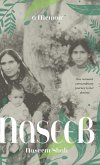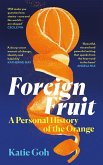
19,99 €
Erscheint vorauss. 8. Mai 2025
Gebundenes Buch
A Personal History of the Orange
Main
8. Mai 2025
Canongate Books
| eBook, ePUB | 14,95 € |
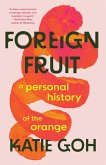
24,99 €
Erscheint vorauss. 6. Mai 2025
6,49 €
inkl. MwSt. und vom Verlag festgesetzt.
Sofort per Download lieferbar
14,99 €
Versandfertig in 2-4 Wochen
Ähnliche Artikel
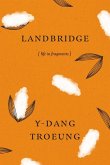

14,99 €
Versandfertig in 3-5 Tagen
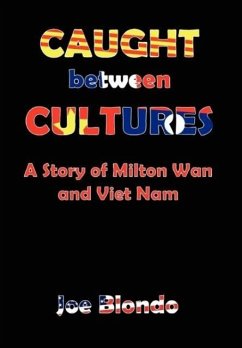
24,99 €
Versandfertig in über 4 Wochen
Gebundenes Buch
A Story of Milton Wan and Vietnam
22. Dezember 2009
Strategic Book Publishing

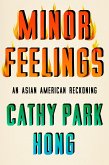
24,99 €
Versandfertig in über 4 Wochen
Gebundenes Buch
An Asian American Reckoning
25. Februar 2020
Random House Publishing Group
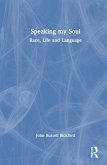
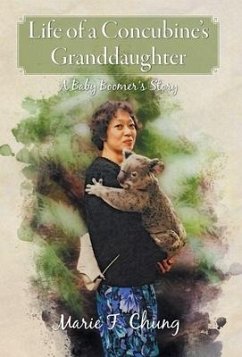
29,99 €
Versandfertig in über 4 Wochen
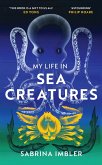
21,99 €
Versandfertig in 3-5 Tagen
Gebundenes Buch
A young queer science writer's reflections on identity and the ocean
8. Dezember 2022
Vintage Publishing
Ähnlichkeitssuche: Fact®Finder von OMIKRON

